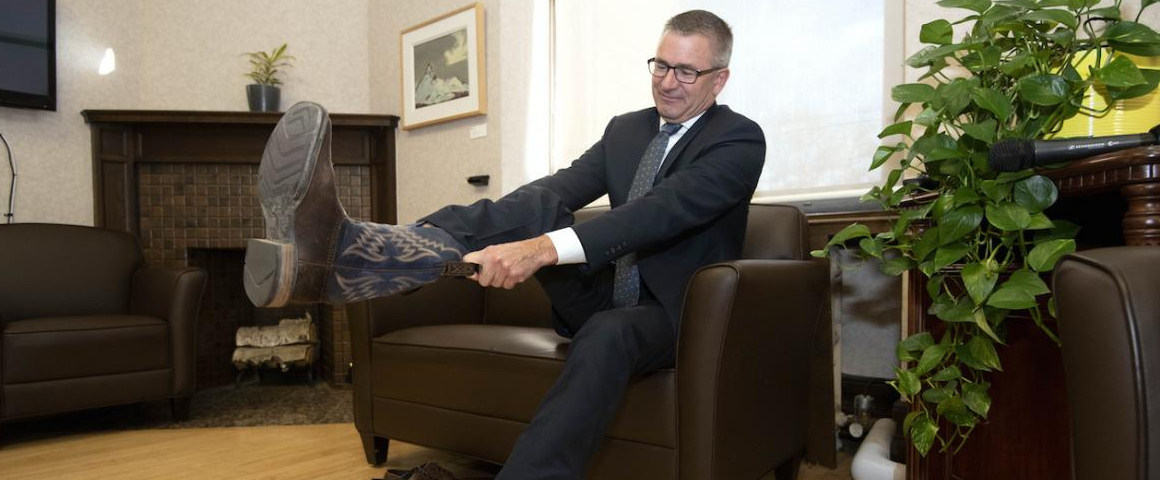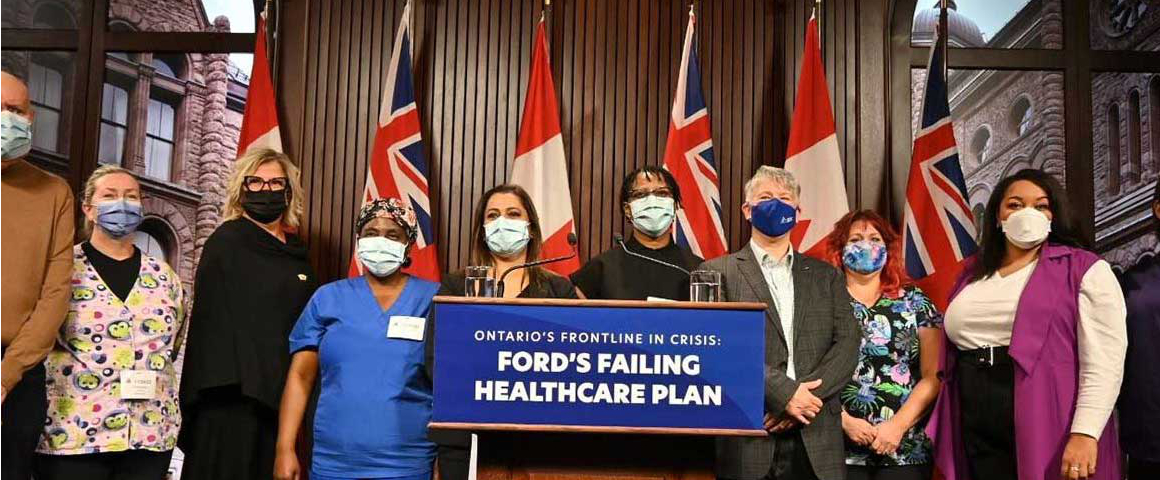PV Alberta Bureau
Energy price wars and global pandemics would be a challenge for any economy. Price wars, pandemics and Jason Kenney’s budget are a recipe for disaster.
Kenney has come out with a budget that would have been bad for Albertans even if there were a strong healthy economy – cutting education, health care and care for the vulnerable, while doubling down on dependency on just the energy sector, reducing the diversity of the economy. Kenney’s budget is based on a view of the world that could be called simplistic. Events in just a few short weeks have shown it to be a hallucination. Energy prices have tumbled, and we suddenly need more nurses and doctors than ever to cope with a global pandemic.
Energy and the economy
We need to start investing in the future, not the past. Energy prices have plunged due to Russian and Saudi decisions about their production, making it very clear that Alberta, and Canada as a whole, are not major players and will never be able to control the price of the product. $100 a barrel oil turns out to be a temporary fluctuation, and Saudi Arabia alone could produce enough oil at $20 a barrel to supply the world until the internal combustion engine is history.
Subsidies, unpaid taxes and royalties rebates amount to some $1.6 billion to $2 billion a year just at the Alberta government level, while leaving us holding the bill for orphan wells estimated at some $260 billion!
Instead of ever increasing subsidies, tax cuts, royalty holidays, and a free pass on polluting for oil and gas companies, we need to hold them accountable for unpaid taxes and for paying to clean up their own mess, up to and including nationalization. Enormous numbers of jobs could be generated by reducing the contamination in the oil patch, in accordance with the international legal principle of “polluter pays.”
For decades governments in Alberta have done virtually nothing to make our economy more robust in the face of fluctuating energy prices, not even bothering to collect the rent. Norway’s oil fund reached the $1 trillion US mark in 2017, amounting to $235,000 for every person in the country. Alberta’s fund at the same time, with a twenty year head-start in the oil business, was $17.2 billion or $4,150 per person in the province. This contrast is equivalent to the Alberta government giving away about $230,000 on behalf of every individual in Alberta to corporations that take the money and run.
It really is time to divert the massive direct and indirect subsidies to the traditional energy sector into more job-creating sectors. These include wind, geo-thermal and solar power; modernizing the energy grid; rebuilding transportation systems, public housing programs and retrofitting existing buildings for energy efficiency; diversifying and processing agricultural products; and developing manufacturing, just to name a few. That’s the way to guarantee good-paying jobs for Alberta workers, while also improving our quality of life.
Global economy and global pandemics
COVID-19 is not the first new virus to appear this century and it will not be the last. The globalization of the economy and world travel makes it inevitable that the normal, unending and inescapable mutation of viruses will have world-wide effects. What is different is that this pandemic has arrived when the global economy was already in a fragile state, trending towards recession. It is not surprising that a new pandemic is more frightening when working people are already feeling the stress of economic insecurity.
But it is also clear that in an interconnected world, cuts to health care are not a good idea – not just from the point of view of public health, but even for the economy. We need a well-funded health care system with excess capacity to cope with emergencies like COVID-19. It is now absolutely clear that “efficiency” in the healthcare system is not efficient at all. If our health facilities are already functioning at maximum capacity, any additional needs will overwhelm them. Any new epidemic will be more severe and last longer than it needs to, with more economic impact as well as more human suffering.
Kenney has announced that he will delay firing nurses until the pandemic crisis is over. How about not firing them at all, so that we won’t go into the next epidemic with a worse shortage of nurses?
Privatized services are not the answer. A two-tiered system, where the wealthy can afford more prompt and better care, will not help the great majority of the population, and it won’t do the wealthy any good either when the virus is invited to remain in circulation by abandoning the care of much of the population. In fact, an emergency like this makes it clearer than ever that health care is indivisible – it must be a public good or nobody gets any good out of it.
[hr gap=”10″]
Support socialist media!
If you found this article useful, please consider donating to People’s Voice.
We are 100% reader-supported, with no corporate or government funding.




